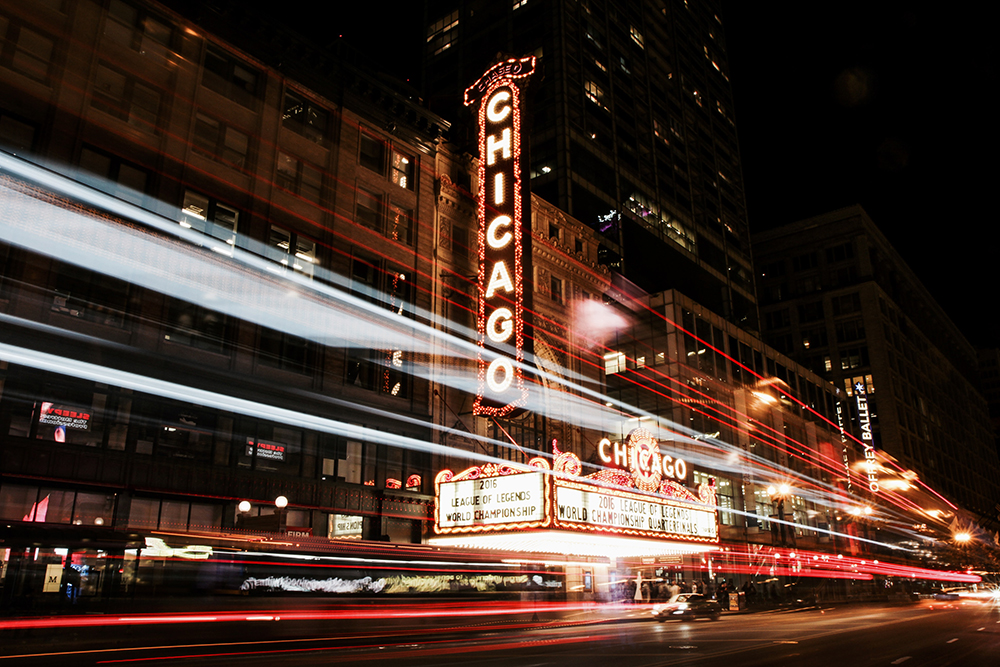- The newly introduced Robert Parker Green Emblem has been awarded to 24 wineries around the world, with two South African farms getting the seal of approval.
- The award recognises wineries that demonstrate “extraordinary efforts in the pursuit of environmentally friendly practices”.
- Reyneke Wines in Stellenbosch and Sadie Family Wines near Malmesbury have both received international acclaim.
- But the ongoing alcohol ban under Adjusted Alert Level 4 lockdown gives these award-winning wineries little cause for celebration.
- For more stories go to www.BusinessInsider.co.za.
Two South African wineries have been recognised for their sustainable methods of production and have each earned a prestigious Green Emblem awarded by the Robert Parker Wine Advocate.
Robert Parker is regarded as one of the world’s highest authorities on fine wines, having developed the ground-breaking 100-point rating system to score wines on colour, appearance, aroma, bouquet, flavour, and finish. This scale has been expanded and emulated over the past 30 years, with high-scoring bottles of wine classified as extraordinary and baring Parker’s seal of approval.
The Wine Advocate is a highly respected bimonthly publication in the United States, featuring reviews, advice, and scorecards penned by Parker and his team of international reviewers.
The publication recently introduced its Green Emblem list, recognising 24 wineries from across the globe which have “demonstrated extraordinary efforts in the pursuit of environmentally friendly practices.”
“Our new Organic and Biodynamic filters and the Robert Parker Green Emblem recognitions are our way of recognising the increasing importance to wine consumers of sustainable practices in wine production,” said Editor-in-Chief Lisa Perrotti-Brown.
“No other wine appreciation website is … empowering wine lovers who want to drink more sustainably. With these new enhancements to our website, our subscribers now have the ability to easily find great wines produced with a like-minded philosophy of sustaining the health and viability of our planet for future generations.”
While wines certified as organic or biodynamic – produced without chemical fertilisers, herbicides, synthetic pesticides, or chemical additives – may been been awarded a Green Emblem, this certification is not a prerequisite. Instead, the focus is on long-term environmental protection and biodiversity, with those recognised for sustainable viticulture carrying Parker’s new badge across all wines produced by the winery.
Alongside producers from Spain, France, Italy, the US, Austria, Australia, New Zealand, and Germany, two South African wineries now carry the Robert Parker Green Emblem.
Reyneke Wines in Stellenbosch is one of the local wineries recognised by Robert Parker. The farm, which traces its routes back to 1863, produces its own fertiliser and avoids herbicides, pesticides, and fungicide, creating wines which are certified organic by the National Organic Program (NOP) in the US and European Union.
The winery is also recognised for its biodynamic agricultural processes – in preserving the existing ecosystem – by Demeter International.
“Being awarded the Robert Parker Green Emblem means a lot to Reyneke wines,” owner and viticulturist Johan Reyneke told Business Insider South Africa.
“Robert Parker is arguably one of the most influential wine critics in the world, and his recognition of our efforts in going green and being all things sustainable, is a huge accolade.”
Sadie Family Wines, located roughly 70 kilometres from Stellenbosch in the Swartland region, also received Parker’s Green Emblem of approval.
“Eben Sadie, owner of Sadie Family Wines, has lived by a simple rule: to interfere with the wine as little as possible, allowing the wine’s natural essence to shine through, proudly displaying the subtleties of the vintage, so that their expressions of terroir and varietal purity may sing true with a sense of time and place,” noted the Robert Parker reviewer.
And while these awards are testament to two South African wineries’ excellence in sustainability, the country’s ongoing prohibition of alcohol, enforced to limit the strain on healthcare services amid a burgeoning third wave of Covid-19 infections, gives these wineries little reason to celebrate.
The latest alcohol ban, implemented under Adjusted Alert 4 lockdown, adds to 19 weeks of sale restrictions – over the last 15 months – which has decimated South Africa’s wine sector. The three prior alcohol bans have cost wineries R8 billion in lost sales and threatened 27,000 jobs, according to wine association Vinpro, which has launched an urgent interim interdict application to lift the ban on wine sales in the Western Cape.
“The current lockdown situation in South Arica has had disastrous consequences for the South African wine industry. Prohibition has never worked and just puts the good guys out of business while pushing the sale of alcohol underground,” said Reyneke.
“On the upside the South African wine industry is known for its resilience, and we’ve got incredible support from the international community.”

